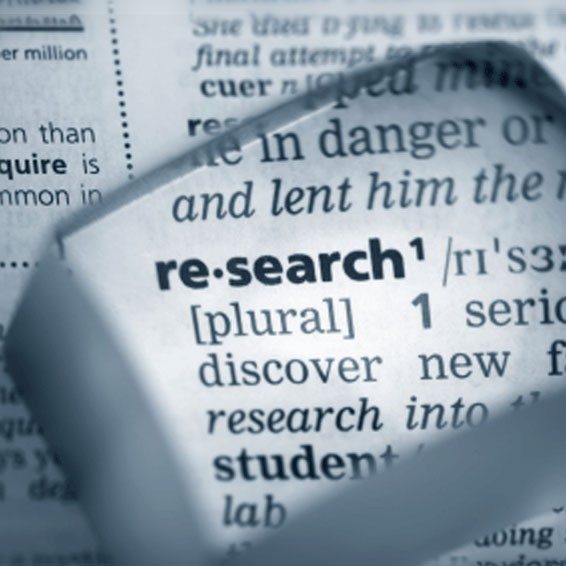Research Integrity
UNSW expects the highest standards of integrity across all aspects of research undertaken by UNSW researchers. These standards are reflected in the principles of responsible research conduct.

UNSW offers the following information, resources, support, education and training to assist its researchers in meeting these standards.
Research Integrity Annual Reports
As a public institution, UNSW believes that information about research related complaints at the University, should be transparent.









